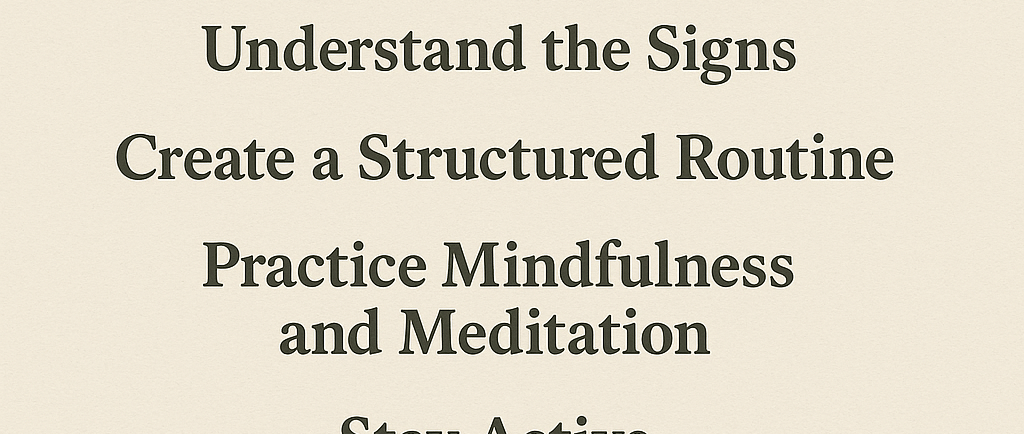How to Fight Anxiety for Students


In today’s fast-paced academic environment, students often face intense pressure to perform well, manage social expectations, and plan for their future. This pressure can sometimes lead to anxiety—a feeling of worry, fear, or unease that can interfere with daily life. While a little stress can be motivating, chronic anxiety can harm mental and physical health. Fortunately, there are practical strategies students can use to fight anxiety and regain a sense of control.
Understand the Signs
The first step in fighting anxiety is recognizing its signs. These may include:
Rapid heartbeat or sweating
Trouble concentrating
Constant worrying
Sleep disturbances
Irritability
Avoiding situations like exams or public speaking
Understanding that anxiety is a common and manageable condition can help reduce the fear associated with it.
Create a Structured Routine
Lack of structure can increase stress. By setting a daily routine that includes study time, rest, and recreation, students can feel more organized and less overwhelmed. Time management tools such as planners or mobile apps can help prioritize tasks and break large projects into smaller, manageable steps.
Practice Mindfulness and Meditation
Mindfulness is the practice of staying present in the moment without judgment. It can reduce anxiety by helping students detach from overwhelming thoughts. Simple techniques like deep breathing, body scanning, or guided meditation (using apps like Headspace or Calm) for just 5–10 minutes a day can make a big difference.
Stay Active
Physical activity is a natural stress reliever. Regular exercise, such as walking, yoga, or sports, releases endorphins—chemicals that boost mood and reduce anxiety. Even a 20-minute walk can refresh the mind and reduce tension.
Limit Caffeine and Sugar
Caffeine and high sugar intake can heighten anxiety by stimulating the nervous system. Students should consider reducing their consumption of coffee, energy drinks, and junk food and instead choose balanced meals with fruits, vegetables, whole grains, and protein.
Stay Connected
Isolation can make anxiety worse. Talking to friends, family, or a trusted teacher can provide emotional support. Sharing worries often lightens the load and helps students feel less alone. Joining student clubs or online communities can also foster a sense of belonging.
Seek Professional Help
If anxiety becomes overwhelming or interferes with daily life, seeking help from a school counselor, therapist, or mental health professional is essential. Therapy, especially cognitive-behavioral therapy (CBT), has been proven effective for anxiety and can teach coping mechanisms tailored to the individual.
Conclusion
Anxiety is a natural response to life’s challenges, especially for students juggling multiple responsibilities. However, with awareness, healthy habits, and the right support, it is entirely manageable. By taking small, consistent steps—like staying active, practicing mindfulness, and reaching out for help—students can reduce anxiety and build resilience for the future. Remember, asking for help is not a sign of weakness but a step toward strength.
